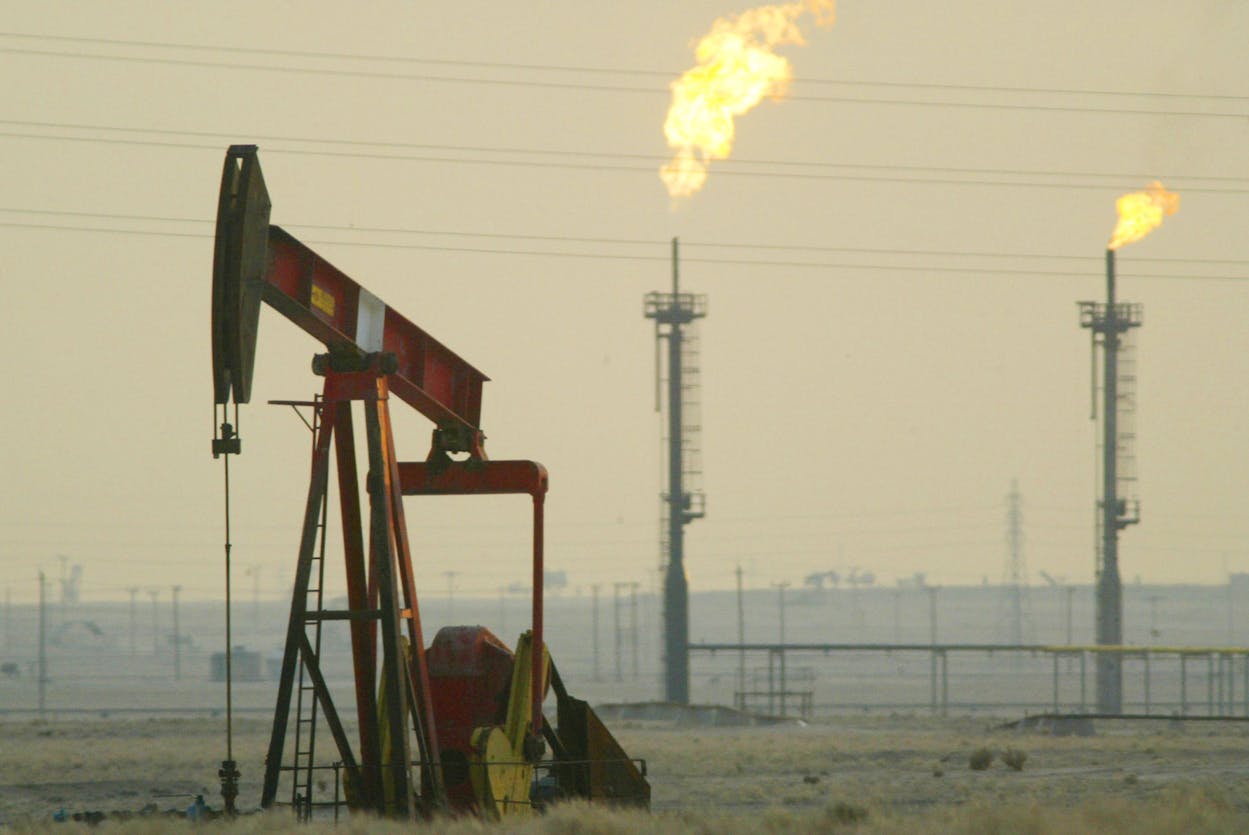The stock market is expected to continue its decline today as oil prices fell below $49 per barrel. From Marketwatch:
The energy sector has been struggling, having dropped 8.5% as the worst-performing S&P 500 group of the year. Crude prices are down 6.4% this year, following a gain of 45% over 2016.
In the latest economic data, jobless claims rose by 20,000 in the latest week, more than had been expected, though layoffs remained near a 45-year low. The news comes a day after a blowout read on private-sector employment by ADP, and it comes a day before the closely watched February jobs report. Many investors are awaiting that report for confirmation that the Federal Reserve will raise interest rates at its March meeting next week. The Fed has said it would raise rates if economic data continues to support such a move.
“With oil prices sliding and expectations growing that the hawks are going to prevail at the Federal Reserve, it’s no surprise that equity indices are continuing to trend lower,” said Tony Cross, market analyst for TopTradr, in a note Thursday.
Two of the biggest losers were Royal Dutch Shell and BP.
Lower prices are bad for the sector giants as they imply lower earnings… The oil price was depressed because investors are worried that rising US production will offset Opec’s aim of cutting supply and push down prices. West Texas Intermediate and Brent crude oil slipped by over 1.3% to $49.49 and $52.39 per barrel, respectively.
Meanwhile, the chairman of the French oil company Total told the Houston Chronicle that no major investments should be expected until OPEC cuts have an effect in about 18 months. Patrick Pouyanne said expectations for any long-term investments before that should be low.
A: I’m confident OPEC compliance with the cuts will be high. But at the end of the year, there was still supply over demand by something like 400,000 to 500,000 barrels a day. So this must be eliminated before inventories decline. The market is optimistic. But the fact is, for the time being, we still have buildups in U.S. inventories. If OPEC wants to rebalance the market, then they’ll have to extend the agreement. It will take at least a year – a year to 18 months – to really have an impact on inventories.
- More About:
- Energy






